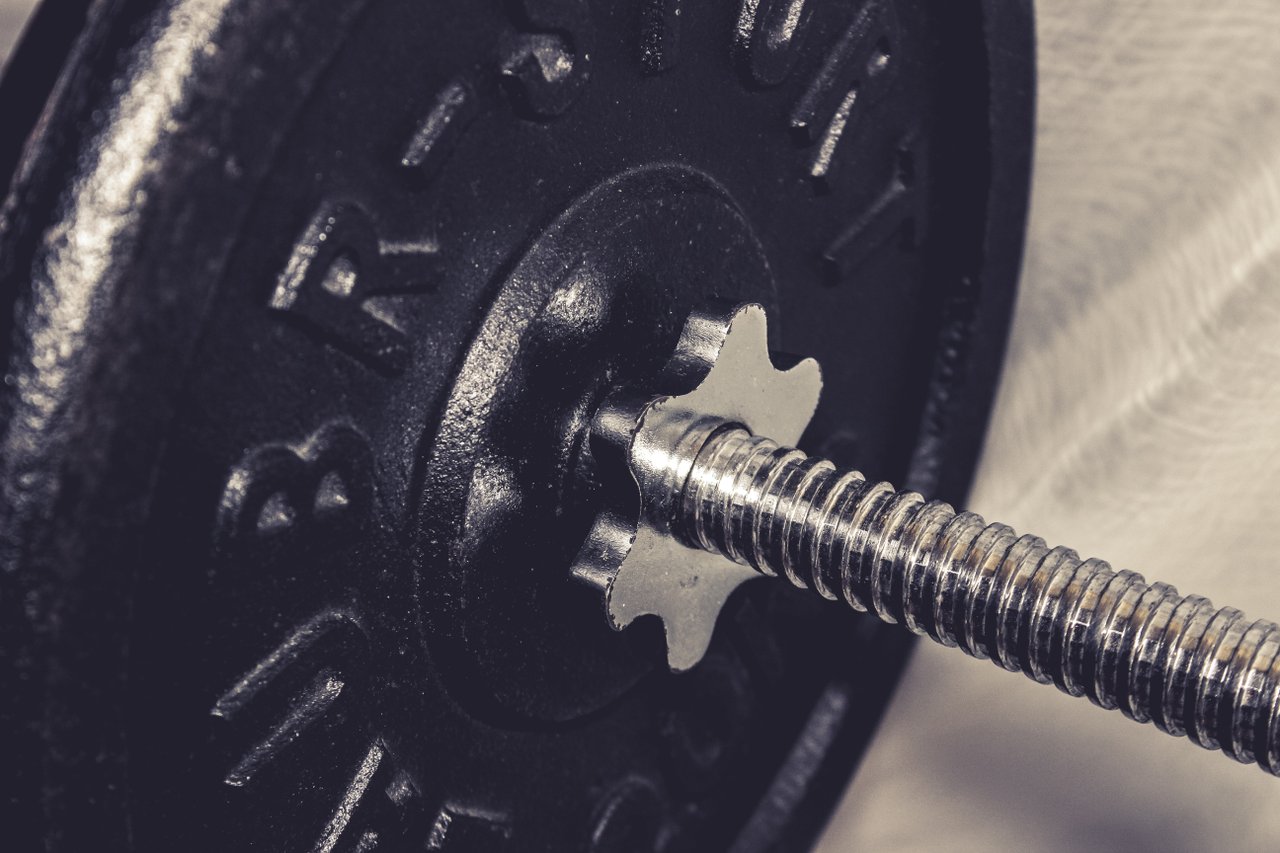Why Losing Weight Gets Harder With Age (And What To Do About It)

It's a fact of life: as you get older, losing weight becomes more difficult. This can happen for a variety of reasons. From increasing stress levels to a slowing metabolism to the inevitable loss of muscle, shedding that excess weight takes more effort and intention. Here's a closer look at why losing weight is so challenging and how you can succeed in your healthy lifestyle goals.
Loss of Muscle
One of the primary reasons losing weight is harder to do as you grow older is due to a slowing metabolism. It is estimated that your metabolism slows down 5% every decade after you turn 40. This can occur because of the loss of muscle (or sarcopenia) which plays a crucial part in maintaining your metabolism. Consequently, as you age you may not be able to maintain the same dietary behaviors without gaining weight.
How to Improve Muscle Mass
A combination of exercise and eating nutritionally dense, but calorie-light foods will help you retain muscle and a balanced metabolism. Include more high-protein foods like beans, lentils, nuts, and seeds into your meals (if you're looking for recipe ideas, we suggest these quinoa stuffed peppers). You can also increase your muscle mass by engaging in some resistance or strength training on a regular basis.

Fat Increase
As you age, not only do you lose muscle more rapidly, but your body also retains more of a certain type of fat. The amount of brown fat, which generates heat and burns calories, decreases and the level of white fat, which stores excess calories, increases.
How to Burn Fat
According to research by the Endocrine Society, dieters can increase brown fat in their bodies by exposing themselves to cooler temperatures; however, the study was conducted over a short period (four months) and long-term research has remained inconclusive. Following a healthy diet, consuming foods with natural fat-burning properties, and taking part in moderate exercise (ideally, 2.5 hours a week) are straightforward ways to help minimize white fat content.

High Stress Levels
From demanding jobs to raising children to planning for retirement, our responsibilities increase as we get older. As a result, we experience more stress, leading to an increased release of cortisol, the body's stress response hormone. Cortisol can trigger the "flight or fight" response, which makes it most effective in life-threatening situations. However, we encounter many non-life threatening moments that still induce stress. This can lead to unnecessary cortisol being stored as fat cell deposits in the body.
How to Reduce Stress
There are many ways you can lower stress in your life: healthy foods, more sleep, and regular exercise.
- Diet: Nuts and seeds such as cashews, pistachios, and sunflower seeds contain vital minerals and amino acids that produce energy, synthesize protein, and regulate the nervous system.
- Exercise: Physical activity increases your endorphins, which helps elevate your mood. Besides strength training, you can take brisk walks or go for a swim.
- Sleep: When you're sleep deprived, you're more likely to be agitated and stressed. Establish a consistent sleeping routine of seven hours a night, and snooze the stress away.

Many things change as we age, especially our bodies. But by being cautious about the foods you are consuming, maintaining a regular exercise routine, and getting an adequate amount of sleep you can help ensure that you're able to maintain your lifestyle for longer.
Photos: Gregg Brekke / Shutterstock.com, Marcin Czaja, Krista Mangulsone, Milada Vigerova
Healthy Eating
- Healthy Snacks
- Healthy Meals
- Healthy Recipes
- Sports Nutrition
- Nutrition and Special Diets
- 21 Day Fix
- 5 Popular Diet Similarities
- Alkaline Diet
- Anti-Inflammatory Diet
- Calorie Counting
- Carb Cycling Diet
- Celiac Disease
- Cholesterol
- Clean Eating
- Crohn's Disease
- DASH Diet
- Detox Diet
- Diabetes
- Diabetes Diet
- Diet Pill Dangers
- Fat Burning Foods
- Gluten-free Diet
- Glycemic Index
- Heart Health
- High Blood Pressure Diet
- High Fiber Foods
- How to Eat Healthy
- How to Lower Blood Pressure
- Hypertension
- IBS Diet
- Ketogenic Diet
- Liquid Diet
- Low GI Foods
- Low-Carb Diet and Foods
- Low-Fat High-Carb Diet
- Mediterranean Diet
- Mediterranean Diet Foods
- Military Diet
- Nutrition Labels Explained
- Paleo Diet
- Raw Food Diet
- Superfoods
- Sustainable Weight Loss
- Thrive Diet
- Vegan Diet
- Vegetarian Diet
- Weight Loss Shakes
- Whole30
- Vitamins, Minerals & Nutrients
